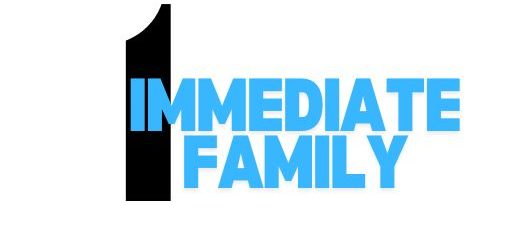In the world of business, few numbers are as crucial as the Employer Identification Number (EIN). This unique nine-digit identifier, issued by the Internal Revenue Service (IRS), is akin to a Social Security number for your business. Whether you’re just starting out or expanding your operations, understanding what an EIN is and how it works can save you a lot of headaches down the line. In this guide, we’ll delve into everything you need to know about EINs, from what they are and who needs them to how to apply and the benefits they offer.
What is an Employer Identification Number (EIN)?
An EIN is a unique nine-digit number assigned by the IRS to identify business entities for tax purposes. It follows the format XX-XXXXXXX and serves as a critical identifier in various business transactions. Just like how individuals have Social Security numbers, businesses use their EINs for all tax-related activities.
The primary role of an EIN is to help the IRS track and manage tax obligations associated with your business. This includes filing employment tax returns, excise tax returns, and other necessary documents. Essentially, it’s your business’s identity in the eyes of the IRS.
Who Needs an EIN?
Not all businesses need an EIN, but many do. Here are some scenarios where obtaining an EIN is necessary:
-
Corporations: All corporations require an EIN.
-
Partnerships: Partnerships, including limited liability partnerships (LLPs), need an EIN.
-
Limited Liability Companies (LLCs): Most LLCs require an EIN unless they are single-member LLCs with no employees.
-
Sole Proprietorships with Employees: If you’re a sole proprietor and you hire employees, you’ll need an EIN.
-
Non-Profit Organizations: Non-profits also require an EIN for tax purposes.
Specific scenarios that necessitate an EIN include hiring employees, filing employment or excise tax returns, withholding taxes on income paid to non-resident aliens, and managing Keogh plans or other retirement plans.
Key Uses of an EIN
An EIN has several key uses that make it indispensable for any business:
-
Tax Administration: The primary purpose of an EIN is to facilitate tax administration. It helps the IRS track your business’s tax obligations and ensures compliance with federal tax laws.
-
Hiring Employees: You need an EIN to hire employees and report employment taxes.
-
Opening Business Bank Accounts: Banks require an EIN to open a business bank account.
-
Establishing Business Credit: An EIN helps you establish credit for your business, which is crucial for loans and other financial services.
-
Protecting Business Identity: Using an EIN separates your personal and business finances, protecting your personal identity and preventing identity theft.
How to Apply for an EIN
Applying for an EIN is relatively straightforward and can be done through several methods:
Online Application
The fastest way to get an EIN is through the IRS’s online application system. You’ll need a valid Taxpayer Identification Number (such as an SSN, EIN, or ITIN) to apply online. Once you complete the application, you’ll receive your EIN immediately.
Phone Application
You can also apply by calling the Business & Specialty Tax Line during their operating hours. This method is useful if you have questions or need assistance during the application process.
Fax and Mail Applications
For those who prefer traditional methods, you can fax or mail Form SS-4 to the IRS. These methods take longer than online applications but are still effective. Processing times vary depending on the method chosen.
Required Information for EIN Application
To apply for an EIN, you’ll need to provide specific information about your business:
-
Business Name and Address
-
Type of Business Entity
-
Reason for Applying
-
Information About the Principal Officer or Owner
Having this information ready will streamline the application process.
Daily Limit of EINs and Responsible Party
The IRS has a daily limit on the number of EINs that can be assigned to a responsible party. It’s important to identify the correct individuals and entities applying for EINs to avoid any issues.
Benefits of Having an EIN
Having an EIN offers several benefits:
-
Streamlined Tax Administration: An EIN simplifies your tax filing process and ensures compliance with federal tax laws.
-
Protection of Personal Identity: Using an EIN separates your personal and business finances, protecting your personal identity.
-
Opening Business Bank Accounts: Banks require an EIN to open a business bank account.
-
Establishing Business Credit: An EIN helps you establish credit for your business.
Updating EIN Information and Best Practices
If there are changes in your business structure or ownership, it’s crucial to update your EIN information with the IRS. Here are some best practices:
-
Always update your EIN information promptly.
-
Keep your EIN secure to prevent fraud and identity theft.
-
Use your EIN consistently across all business transactions.





